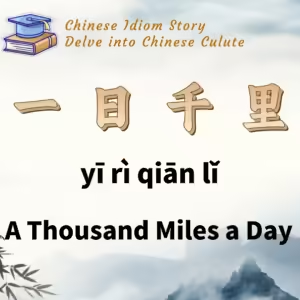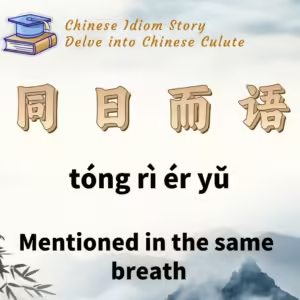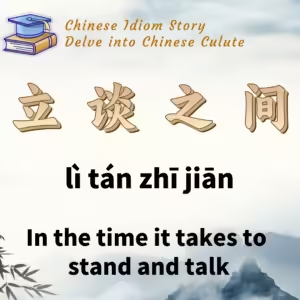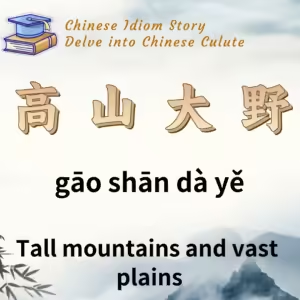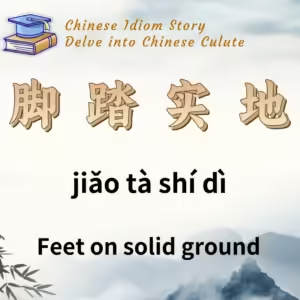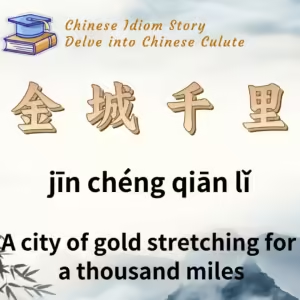
Chinese Idiom: 金城千里 (Jin Cheng Qian Li)
English Translation: A city of gold stretching for a thousand miles
pīn yīn: jīn chéng qiān lǐ
Idiom Meaning: This phrase describes a vast and solid territory, emphasizing the strength and security of a nation or state.
Historical Source: Guo Qin Lun (《过秦论》) by Jia Yi from the Western Han Dynasty.
Idiom Story:
Jia Yi, a prominent statesman and writer of the Western Han Dynasty, wrote the essay Guo Qin Lun to analyze the social conditions of the early Han and the historical rise and fall of the Qin Dynasty. He elaborated on the reasons behind the Qin Dynasty’s unification, strength, and eventual downfall.
In his writing, Jia Yi reflected on how Qin Shi Huang, the first emperor of China, capitalized on the military and political achievements of his predecessors. He quickly unified the fragmented states of the Warring States period, establishing a powerful central authority. The emperor ruthlessly enforced his rule through harsh punishments, instilling fear throughout the land.
Jia Yi described how Qin Shi Huang expanded the territory by conquering the southern regions inhabited by the Baiyue people, setting up administrative divisions such as Guilin and Xiangjun. He commissioned the general Meng Tian to build the Great Wall, which successfully pushed the Xiongnu invaders back hundreds of miles, securing the northern borders.
Despite these military successes, Jia Yi critiqued the emperor for abolishing the benevolent policies of previous kings, burning philosophical texts, and executing intellectuals. This approach, while initially successful in establishing control, ultimately sowed the seeds of discontent among the populace.
The phrase “金城千里” emerged from Jia Yi’s portrayal of the Qin Dynasty, encapsulating the idea that the seemingly unassailable and vast territories of the Qin were built on tyranny and oppression. Jia Yi cautioned that such strength might not last, as it lacked the moral foundation needed for enduring governance.
Thus, “金城千里” serves as a reminder that external strength and security are not sufficient if they are not accompanied by justice and compassion in leadership.


